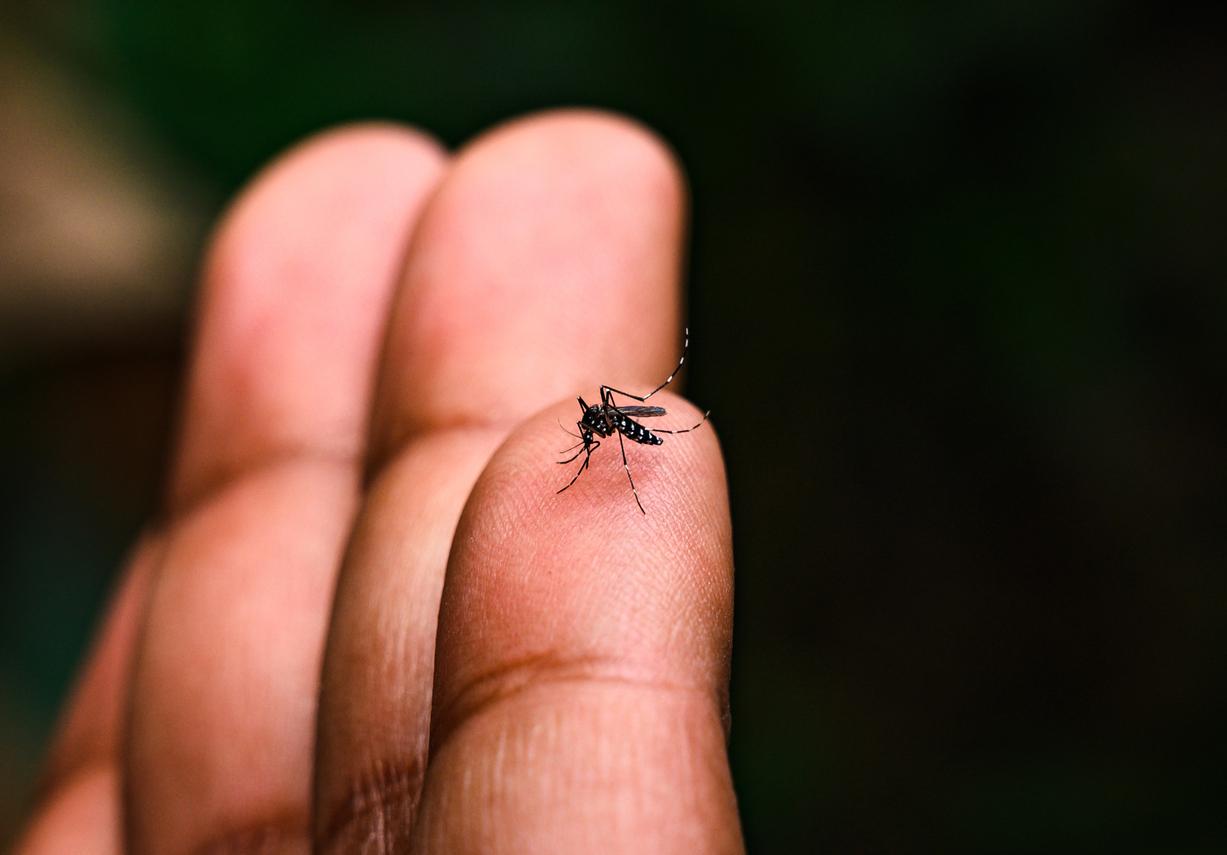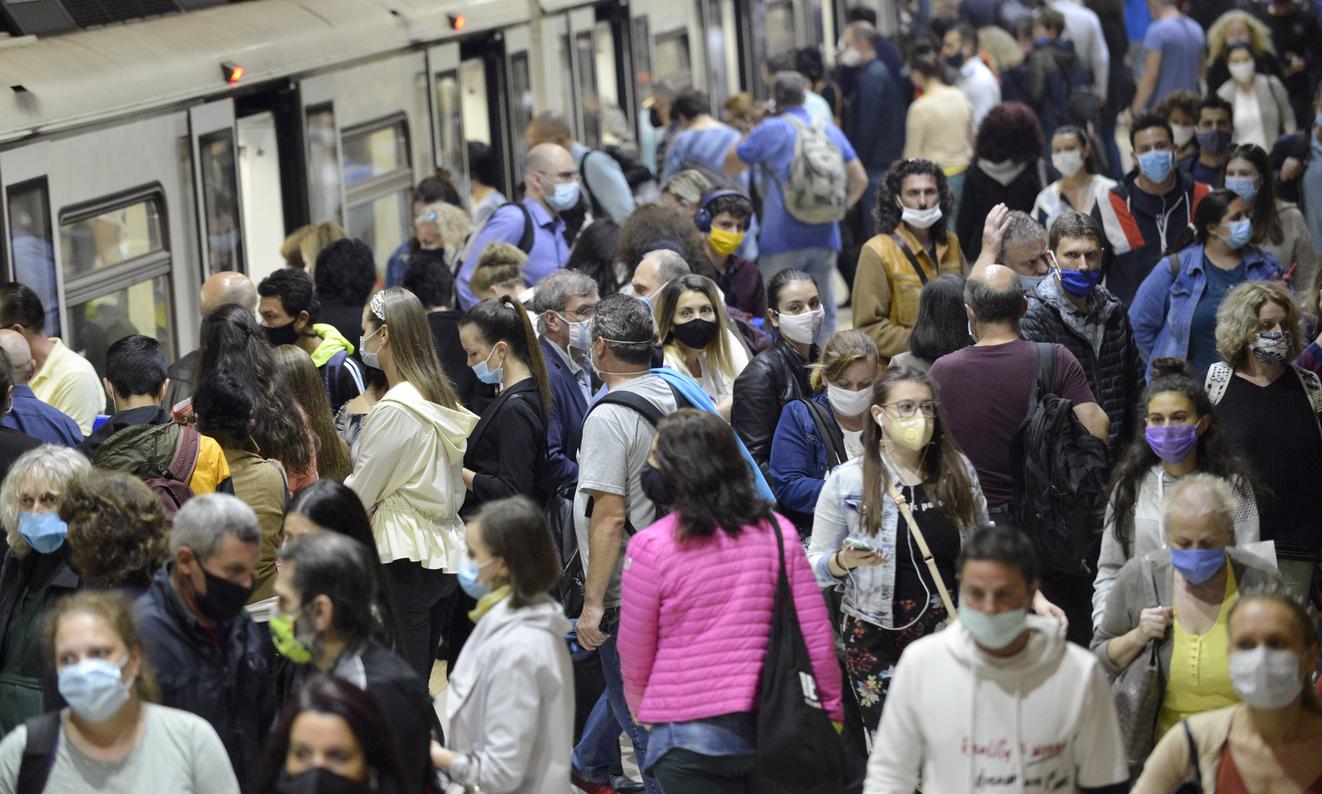Ebola survivors should be monitored long term, especially for inflammatory markers.

- During the Ebola epidemic in West Africa (2013-2016), more than 28,000 people were infected and more than 11,000 of them died.
- The researchers underline the long-term existence of a persistence of Ebola-specific immune activity and intense and chronic inflammation in these former patients, two years after being infected with the virus.
Four years after the end of the Ebola epidemic in West Africa, and as the disease continues to wreak havoc in the DRC, new research published in NatureCommunications demonstrates that survivors have severe immune system abnormalities two years after being infected. The immune system is the set of cells, tissues and organs that ensure the defense of the body against external agents, in particular infectious.
During the Ebola epidemic in West Africa (2013-2016), more than 28,000 people were infected and more than 11,000 of them died. Although the long-term consequences on the health of survivors are still poorly understood, an increasing number of studies describe persistent clinical sequelae in these patients. We speak, for example, of generalized fatigue, musculoskeletal pain or even eye disorders.
Saliva, urine and semen samples
A new study, led by Professor Yves Lévy and his colleague Aurélie Wiedemann at the Vaccine Research Institute (Inserm/Paris-Est Créteil University), is one of the first to look at the long-term immuno-inflammatory profile Ebola survivors.
The researchers based themselves on the analysis of blood samples from 35 individuals recruited on average two years after the onset of their disease. A control group was also set up to compare their immune profiles. Each patient was seen three times to perform these blood tests. In addition, saliva, urine and semen samples were analyzed to rule out the presence of the virus.
Analysis of blood samples indicates that even when survivors are physically cured and no longer have detectable virus, they still have a particular immune profile, different from that of people who have never contracted the disease.
In particular, the researchers identified the presence of immune cells, called CD4+ and CD8+ memory T lymphocytes, specific to the virus, which subsist two years after the disease in the blood of the 35 survivors. “We also find a higher number of cytotoxic CD8+ T lymphocytes involved in the destruction of infected cells as well as the presence of IgG antibodies specific to the Ebola virus in these survivors.note the researchers.
Towards a chronic disease
In addition, the team showed the presence of a significant quantity of inflammatory markers in the blood samples, which testify to the persistence of inflammation in Ebola survivors. Finally, this study demonstrated that certain specific immune markers were associated with the persistence of symptoms in these patients.
These results therefore underline the long-term existence of persistence of Ebola-specific immune activity and intense and chronic inflammation in these former patients, two years after being infected with the virus. “Our work underlines the importance of carrying out long-term follow-up of Ebola survivors, which had already been highlighted in studies on clinical sequelae. It is important to see how the state and the immune profile of these people evolves and if we are not moving towards a chronic disease”says Aurélie Wiedemann.
.














